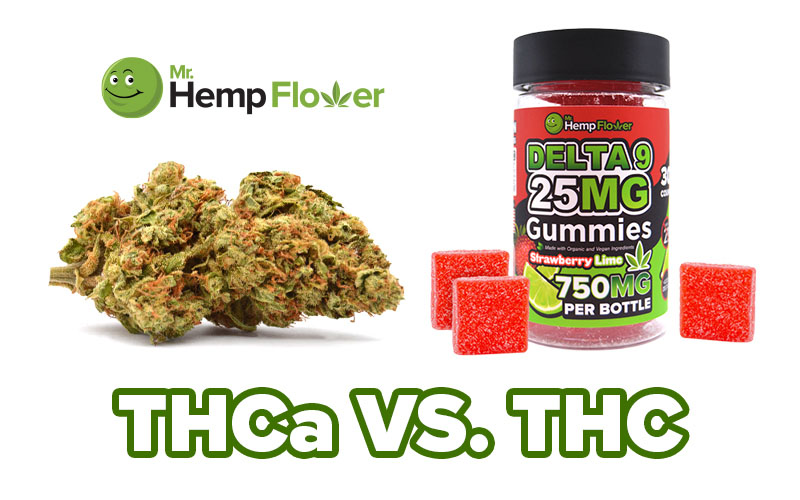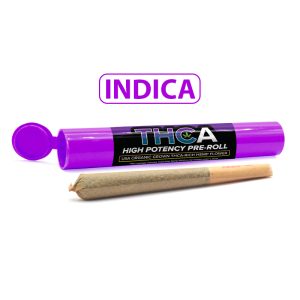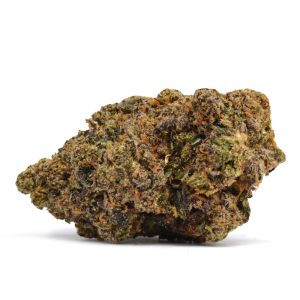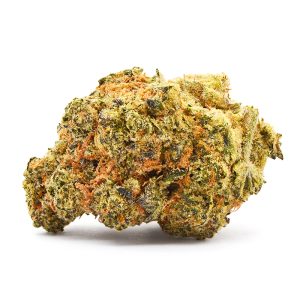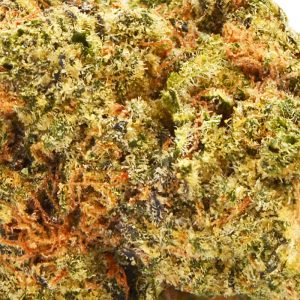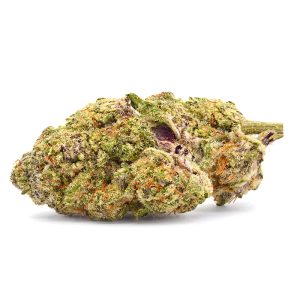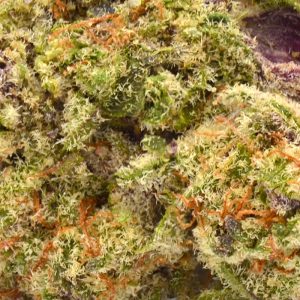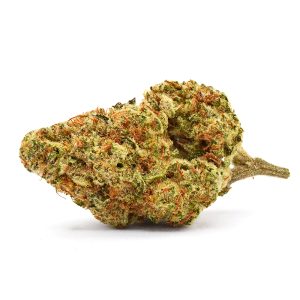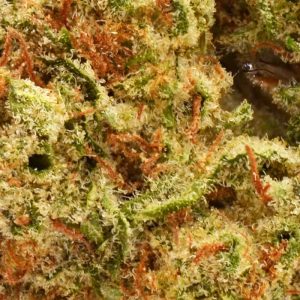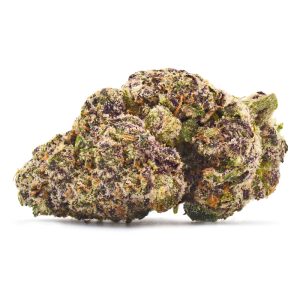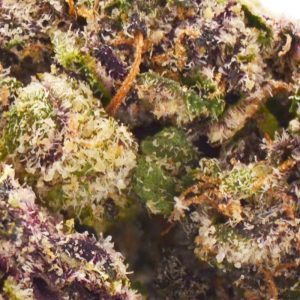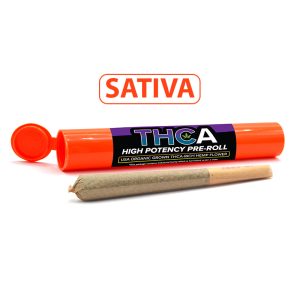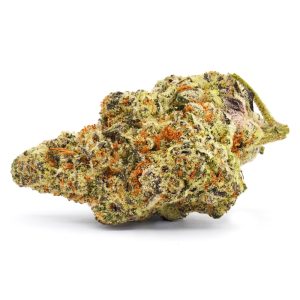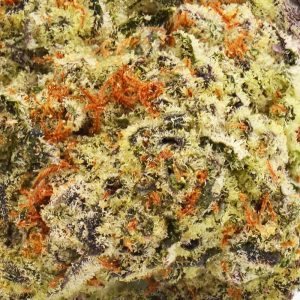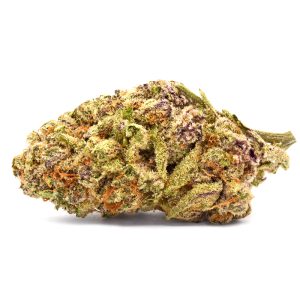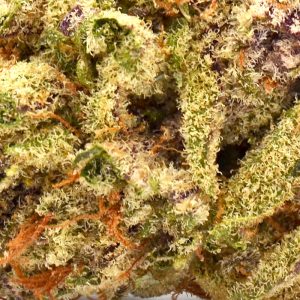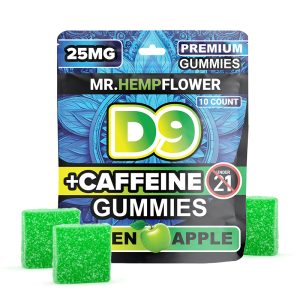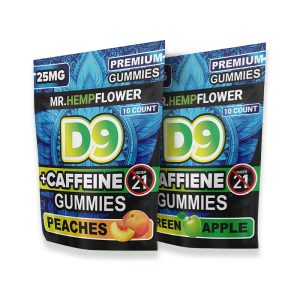There’s a notable difference between THC and THCa: one gets you intoxicated, while the other doesn’t. The cannabis flower hosts over 100 cannabinoid compounds, including the popular cannabidiol (CBD), tetrahydrocannabinol (THC), and cannabigerol (CBG).
If smoking THCa flower has you confused about how these two cannabinoids are different, it’s time you learn more about them. This article explains the differences between THCa and THC and the science behind their effects.
How is THCa Different From THC?
THC is decarboxylated THCa. As a decarboxylated form of THCa, THC is biologically active and more suitable for recreational and medical use.
Raw cannabis plant material is abundant in THCa — the molecular precursor to delta 9 THC. Exposing the raw plant material to heat or light converts the THCa into delta 9 THC, known as the decarboxylation process.
So, each time you light a THCa hemp flower joint, you fuel the conversion of THCa to THC. This, in return, yields the psychoactive effects of cannabis’s principal active cannabinoid, delta 9 THC.
And yes, eating raw cannabis won’t get you intoxicated because THCa is not psychoactive, and raw cannabis contains trace amounts of THC. Although you won’t get intoxicated, this cannabinoid offers several mental and physical benefits.
Before we explain the key differences between THC and THCa, let’s look at each compound separately.
What is THCa?
Delta 9 tetrahydrocannabinolic acid (delta 9 THCa) is the acidic form of THC.
It’s basically the compound that forms in the raw cannabis plant before THC. The simplest way to look at it is as a parent-child relationship. In this case, THCa is the predecessor to THC, formed in the earlier stages of the plant’s growth [1].
The “mother of all cannabinoids,” CBGa, is formed first. Influenced by enzyme processes in the plant, CBGa converts to CBDa and THCa. As the plant matures, the cannabinoid content in the buds starts to increase.
These two are among the primary cannabinoids formed in the cannabis plant. They are biologically inactive and present in the trichomes of freshly harvested plants. Thanks to their fragile structure, exposure to heat, light, and other environmental factors, immediately or over time, turns THCa and CBDa into the two main biologically active cannabinoids in the cannabis plant — THC and CBD.
What is THC?
Tetrahydrocannabinol (delta 9 THC) is the leading active cannabinoid associated with the mind-altering, intoxicating feeling of marijuana.
In the body, THC acts like the endocannabinoid anandamide, or the “bliss molecule,” a natural chemical that binds to the same receptors that THC acts on.
THC binds to the cannabinoid receptors CB1, located in areas of the brain associated with pleasure, memory, thinking, coordination, and perception of time. So, when THC binds to these receptors, it affects the person’s memory, movement, concentration, thinking, and coordination.
Key Differences Between THCA and THC
Although they carry very similar names, THCa and THC are different in a few essential ways.
Summary:
- The cannabis plant produces THCa only, which means that freshly harvested cannabis contains negligible amounts of THC.
- THCa is the precursor to THC, the same as CBDa is to CBD.
- Although both cannabinoids have a similar chemical composition, THCa contains an additional carboxyl group that doesn’t allow the molecule to bind effectively to the human CB1 receptors.
- For a cannabinoid to produce “intoxication,” it has to “fit” into a CB1 receptor — an ability delta 8, delta 9, HHC, THC-O, and THCp have.
Chemical Structure And Activity
Cannabinoids exude psychoactive effects depending on their binding affinity to the CB1 receptors in the brain.
A 2017 study published in Cannabis and Cannabinoid Research revealed that THCa has a small but measurable binding affinity at human CB1 receptors (weak agonist) and no measurable efficacy at human CB2 receptors. Compared to THCa, THC showed 62 times greater binding affinity at human CB1 receptors and 125 times greater affinity at CB2 receptors [2].
Due to its low binding affinity, THCa lacks cannabinomimetic, or cannabis-like, effects. The reason for such affinity is THCa’s molecular shape that doesn’t allow the cannabinoid to “click” with the receptor. Because it’s a precursor to THC, THCa contains an extra carboxyl group, so it’s larger in size and can’t “enter” the CB1 receptor.
The binding affinity of a cannabinoid is tightly connected to its molecular shape, or more specifically, the number of carbon atoms in its alkyl side chain. The higher the number of atoms, the more potent the cannabinoid.
The strongest naturally occurring cannabinoid to date is the newly discovered THCp, that’s up to 33 times stronger than THC. THCp holds seven carbon atoms in its alkyl chain compared to the five carbon atoms in the alkyl side chain of delta 9 THC. A cannabinoid with eight carbon atoms in its alkyl chain is the ideal molecule to fit the structure of CB1 receptors.
Therefore, the exact mechanisms of action of THCa in the brain and body remain unknown. Although THCa doesn’t bind directly to CB1 receptors, it’s a “promiscuous” cannabinoid that goes after many molecular targets, including a potential CB1-mediated mechanism [2].
Decarboxylation Process
When exposed to heat of light (direct or over time), THCa turns into THC. According to research, only 60% of the THCa converts into THC during decarboxylation [3].
The chemical process that happens inside the plant is simple. When exposed to heat, THCa loses the extra carboxyl group (decarboxylation) and converts to THC.
The process of decarboxylation makes it possible for this cannabinoid to effectively interact with the cannabinoid receptors in the body and create pleasant mind-altering effects.
There are several ways to decarboxylate THCa, including:
- Exposure to sunlight
- Direct exposure to heat through smoking, vaping and cooking
- Exposure to increased room temperature
If you don’t want your THCa flower to decarboxylate, it’s important to store it properly in a dark, cold place that’s safe from heat and sun exposure.
THCa Effects & Potency — Does it Get You Intoxicated?
No, THCa will not get you intoxicated.
While THC is associated with the intoxicating feeling of marijuana, THCa doesn’t elicit any mind-altering effects. This cannabinoid can be a potential natural support in the fight against inflammation, nausea, appetite loss, and chronic pain.
- Existing research shows that THCa has neuroprotective activity, which can be helpful with neurodegenerative diseases and symptoms [4].
- A 2020 study found a connection between THCa and a modulating pathway that helps reduce obesity [5].
- THCa, like other cannabinoids, can affect the mechanism of action of pathways in the body that regulate anti-inflammatory responses [6].
THCa Side Effects
Due to its non-intoxicating nature, many believe that THCa comes without potential side effects. In a way, the adverse effects of THCa are similar to CBD’s because they are mild.
Some of the side effects caused by THCa are:
- Dry mouth
- Red eyes
- Fatigue
- Dizziness
- Increased heart rate
Due to its similarity with THC, THCa is also likely to appear on a drug test. The liver metabolizes this cannabinoid (and similar isomers) into the primary THC metabolite — THC-COOH.
THC Effects & Potency — Does it Get You Intoxicated?
Yes, THC does get you intoxicated.
THC is the leading active cannabinoid with mind-altering effects in the cannabis plant. This chemical compound is pretty potent and will get the user intoxicated depending on their tolerance level.
The tolerance level of the user increases the more frequently the person uses THC. On average, it takes a week-long tolerance break to get the receptors to “forget” previous activity and re-sensitize.
There are several ways to consume THC, including smoking and edibles. For first-time users, smokeables are recommended over edibles because edibles have a delayed onset. On the other hand, their effects last for hours, which may overwhelm the newbie user.
Some of the effects of delta 9 THC are relaxation and an altered state of mind. After these effects wear off, the user may feel sleepy, extremely hungry (munchies), and lazy (stoner’s “couch lock”).
According to research, THC has more than a few proven medical benefits, including [7]:
- May relieve pain
- May reduce inflammation
- May help with anxiety and depression
- May help with nightmares and PTSD symptoms
- May relieve chemo-related nausea and vomiting
- May increase appetite
- May help with opioid use
THC Side Effects
Delta 9 THC is well tolerated by most people. But, it can be habit-forming and take a toll on the person’s mental health if used frequently and in high doses.
THC is especially dangerous for teenagers and adolescents because its long-term use is associated with the development of psychosis. In the long run, frequent use of THC can lead to worsening anxiety and depression and may also contribute to memory loss and learning impairment [8].
Some of the side effects caused by delta 9 THC are:
- Anxiety and paranoia
- Panic
- Increased heart rate
- Red eyes
- Dry mouth
- High blood pressure
- Nausea and vomiting
If you consume this cannabinoid frequently or more than twice a week, you are likely to fail a drug test. Although very unlikely, you may fail a drug test even if you take CBD products with trace amounts of THC. This is because cannabinoids are stored and compounded in the cells of the body.
IsTHCa Legal?
Yes, THCa is likely legal.
At the federal level, THCa is not considered a Schedule I Controlled substance, but there’s the risk of it being considered a THC analog. If so, by default, THCa will be deemed illegal under federal law.
Under the 2018 Farm Bill, THCa derived from hemp is not considered an illegal substance. There is a risk that aged hemp flower with naturally decarboxylated THCa will test over the 0.3% delta 9 THC limit, for which the person in possession will be held legally accountable.
Is Delta 9 THC Legal?
Under the Controlled Substances Act, THC (delta 9) is classified as a Schedule I drug. The possession, distribution, sale, and use of delta 9 THC derived from marijuana are illegal at the federal level. Delta 9 THC from hemp is legal under the 2018 Farm Bill if used at a concentration of 0.3% by weight.
In some states, THC is a legal substance under state laws because they have legalized both forms of cannabis (hemp and marijuana).
Final Thoughts
THCa or THC — which one to choose?
This is not a difficult choice because it depends on what you want to achieve. If you are looking for a stimulating, mind-altering experience, THC is the cannabinoid for you. But, if you want to reap the benefits of cannabis without psychoactivity, go for natural THCa that’s not decarboxylated.
Although these two cannabinoids share a similar name, they are very different. Once decarboxylated through smoking or cooking, the THC in it can be highly intoxicating in small and large doses.
FAQs
How much THCa becomes THC?
According to research, when cannabis plant matter gets decarboxylated, 70% of the THCa is converted to THC.
Is THCa psychoactive?
No, in its natural state, THCa doesn’t exhibit psychoactive effects, but it does offer therapeutic value.
What is a good THCa level?
It depends on what you want to achieve. Typically, marijuana flower contains 15% to 25% THCa, which is more than enough to get you intoxicated.
Can you buy THCa legally?
Yes, in theory, you should be able to buy THCa legally because this cannabinoid is not prohibited under federal law.

